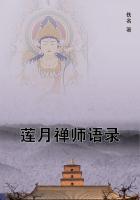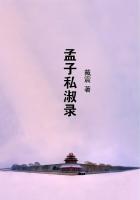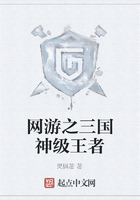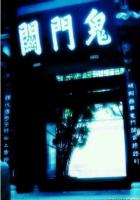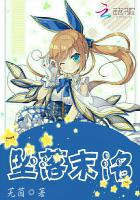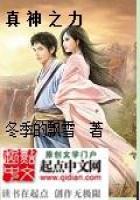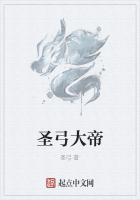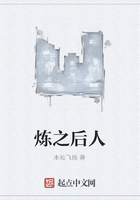NAPOLEON
NAPOLEON was born in the year 1769, the third son of Carlo Maria Buonaparte, an honest notary public of the city of Ajaccio in the island of Corsica, and his good wife, Letizia Ramolino. He therefore was not a Frenchman, but an Italian whose native island (an old Greek, Carthaginian and Roman colony in the Mediterranean Sea) had for years been struggling to regain its independence, first of all from the Genoese, and after the middle of the eighteenth century from the French, who had kindly offered to help the Corsicans in their struggle for freedom and had then occupied the island for their own benefit.
During the first twenty years of his life, young Napoleon was a professional Corsican patriot--a Corsican Sinn Feiner, who hoped to deliver his beloved country from the yoke of the bitterly hated French enemy. But the French revolution had unexpectedly recognised the claims of the Corsicans and gradually Napoleon, who had received a good training at the military school of Brienne, drifted into the service of his adopted country.
Although he never learned to spell French correctly or to speak it without a broad Italian accent, he became a Frenchman.
In due time he came to stand as the highest expression of all French virtues. At present he is regarded as the symbol of the Gallic genius.
Napoleon was what is called a fast worker. His career does not cover more than twenty years. In that short span of time he fought more wars and gained more victories and marched more miles and conquered more square kilometers and killed more people and brought about more reforms and generally upset Europe to a greater extent than anybody (including Alexander the Great and Jenghis Khan) had ever managed to do.
He was a little fellow and during the first years of his life his health was not very good. He never impressed anybody by his good looks and he remained to the end of his days very clumsy whenever he was obliged to appear at a social function.
He did not enjoy a single advantage of breeding or birth or riches. For the greater part of his youth he was desperately poor and often he had to go without a meal or was obliged to make a few extra pennies in curious ways.
He gave little promise as a literary genius. When he competed for a prize offered by the Academy of Lyons, his essay was found to be next to the last and he was number 15 out of 16 candidates. But he overcame all these difficulties through his absolute and unshakable belief in his own destiny, and in his own glorious future. Ambition was the main-spring of his life. The thought of self, the worship of that capital letter "N" with which he signed all his letters, and which recurred forever in the ornaments of his hastily constructed palaces, the absolute will to make the name Napoleon the most important thing in the world next to the name of God, these desires carried Napoleon to a pinnacle of fame which no other man has ever reached.
When he was a half-pay lieutenant, young Bonaparte was very fond of the "Lives of Famous Men" which Plutarch, the Roman historian, had written. But he never tried to live up to the high standard of character set by these heroes of the older days. Napoleon seems to have been devoid of all those considerate and thoughtful sentiments which make men different from the animals. It will be very difficult to decide with any degree of accuracy whether he ever loved anyone besides himself. He kept a civil tongue to his mother, but Letizia had the air and manners of a great lady and after the fashion of Italian mothers, she knew how to rule her brood of children and command their respect. For a few years he was fond of Josephine, his pretty Creole wife, who was the daughter of a French officer of Martinique and the widow of the Vicomte de Beauharnais, who had been executed by Robespierre when he lost a battle against the Prussians. But the Emperor divorced her when she failed to give him a son and heir and married the daughter of the Austrian Emperor, because it seemed good policy.
During the siege of Toulon, where he gained great fame as commander of a battery, Napoleon studied Macchiavelli with industrious care. He followed the advice of the Florentine statesman and never kept his word when it was to his advantage to break it. The word "gratitude" did not occur in his personal dictionary. Neither, to be quite fair, did he expect it from others. He was totally indifferent to human suffering.
He executed prisoners of war (in Egypt in 1798) who had been promised their lives, and he quietly allowed his wounded in Syria to be chloroformed when he found it impossible to transport them to his ships. He ordered the Duke of Enghien to be condemned to death by a prejudiced court-martial and to be shot contrary to all law on the sole ground that the "Bourbons needed a warning." He decreed that those German officers who were made prisoner while fighting for their country's independence should be shot against the nearest wall, and when Andreas Hofer, the Tyrolese hero, fell into his hands after a most heroic resistance, he was executed like a common traitor.
In short, when we study the character of the Emperor, we begin to understand those anxious British mothers who used to drive their children to bed with the threat that "Bonaparte, who ate little boys and girls for breakfast, would come and get them if they were not very good." And yet, having said these many unpleasant things about this strange tyrant, who looked after every other department of his army with the utmost care, but neglected the medical service, and who ruined his uniforms with Eau de Cologne because he could not stand the smell of his poor sweating soldiers; having said all these unpleasant things and being fully prepared to add many more, I must confess to a certain lurking feeling of doubt.

